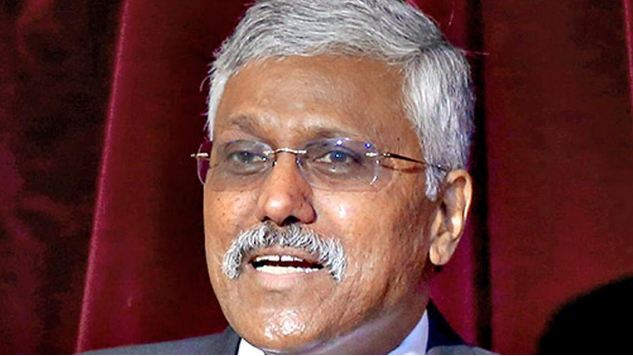The Defence Secretary, Giridhar Aramane has recently paid a two-day visit to Myanmar. He visited Myanmar on June 30 and July 1 to discuss border issues and maintainance of tranquility across the border. As per the Defence Ministry, both sides discussed issues related to “maintenance of tranquillity in the border areas, illegal trans-border movements and transnational crimes such as drug trafficking and smuggling.” During his official visit to the Southeast Asian country, he met Senior General Min Aung Hlaing, Chairman of State Administrative Council along with Gen Mya Tun Oo (Retd.), Defence Minister of Myanmar. He also met Moe Aung Commander-in-Chief, Myanmar Navy Admiral and Lt Gen Khan Myint Than , Chief of Defence Industries.
Visit Amidst Violence In Manipur
As stated by the Ministry, any development in Myanmar has a direct impact on India’s border region as India shares a 1,700 k.m. long and porous border with Myanmar. Therefore, “Peace and stability in Myanmar and well-being of its people, therefore, remain of utmost importance to India.” The statement clearly indicates towards the illegal migration in India which started after the coup d’état in Myanmar. It is worth noting that the visit comes at a time when Manipur, a border state, is under the clutches of violence. The conflict has been escalated by the claims on state resources by two communities, who are asserting their ethnic rights.
As per the report of Sub-Committee of Manipur Cabinet, more than two thousand illegal immigrants have migrated to India from Myanmar through 398 KM unfenced border. Since, the illegal migrants have cultural and linguistic similarities with the Kuki tribes; they get settled here very easily. Consequently, the demography of the state is changing which is affecting various sections of the population disadvantageously. The report acknowledges this fact and elucidates how this illegal immigration has contributed to drug trafficking and the initiation of the violence. Interestingly, India has always favoured a democratically elected government in Myanmar still it has maintained a delicately balanced relation with authoritarian Myanmar Junta.
Sorting Equations
Myanmar Junta is under the heavy influence of China which, in turn, looks at Myanmar as a territorial gateway to the Indian Ocean. Because of trade, naval interests and desperation of being an Asian hegemon, China has always eyed for a ground in the Indian Ocean Region (IOR). Certainly, this Chinese intention challenges and tries to hamper India’s interest in the subcontinent and IOR. This is evident by the militarization of the Coco Island in the northeastern Bay of Bengal. So, to counter Chinese influence, India is also bolstering ties with Myanmar through various measures, be it Act East Policy or the weapon supply. As per the global arms transfer report released by SIPRI, India is the third largest arms supplier to Myanmar after Russia and China. India accounts for over 14 per cent arms import of Myanmar during 2018-22.
India-Myanmar relations are, thus, a crucial aspect for peace and stability in the subcontinent. But as the political upheaval in Myanmar is pushing Manipur into violence, it has become even more important for India to take a firm stand against the illegal migration across the border. Eventually, with this visit by Defence Secretary, it seems that India has decided to manage both the internal and external matters simultaneously by going after the root cause of both.

